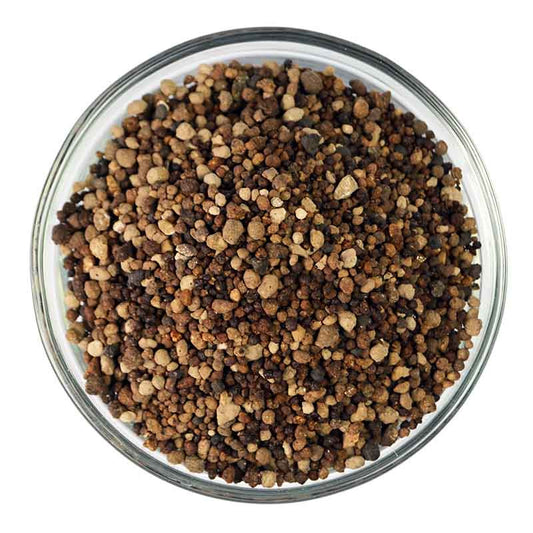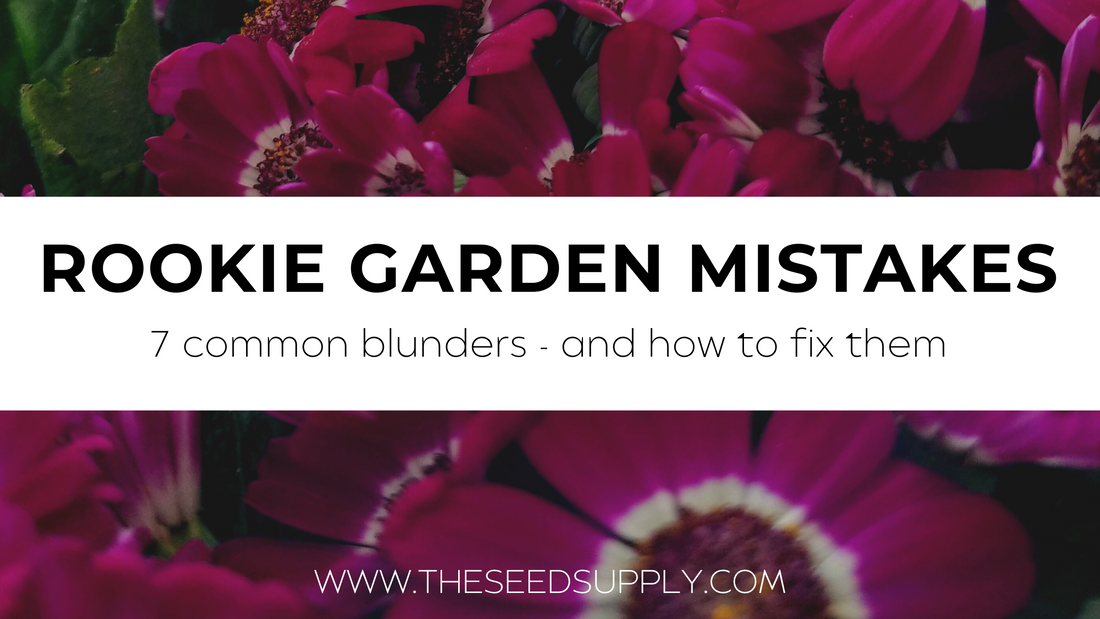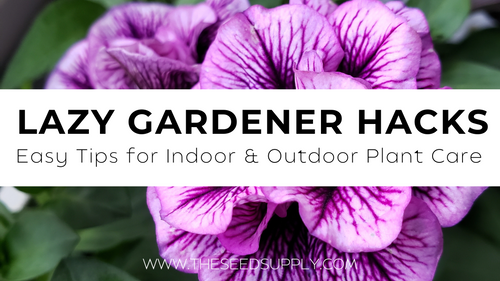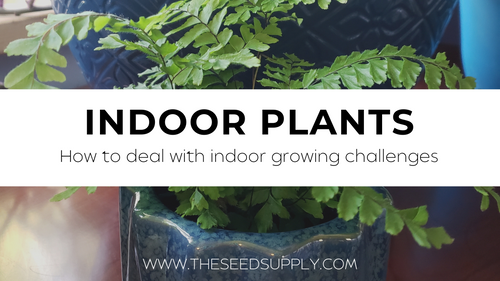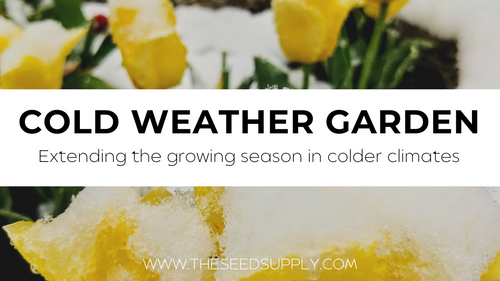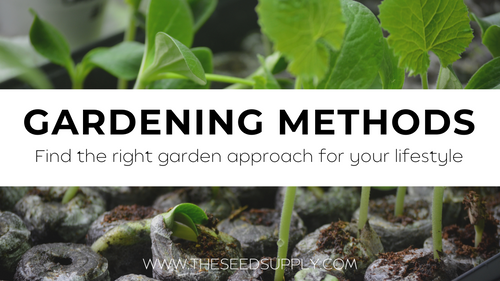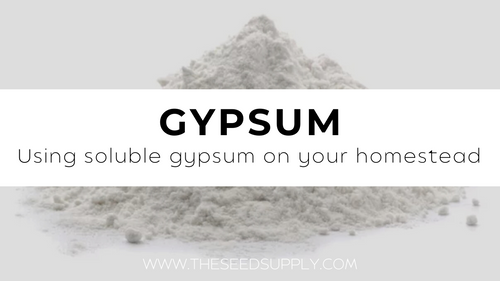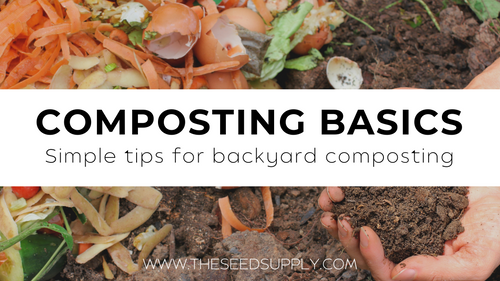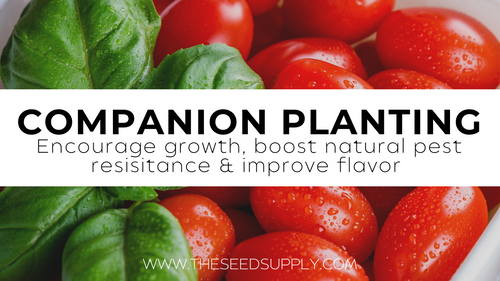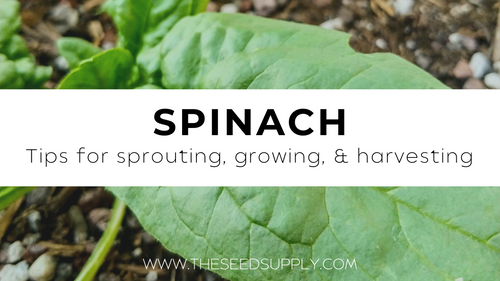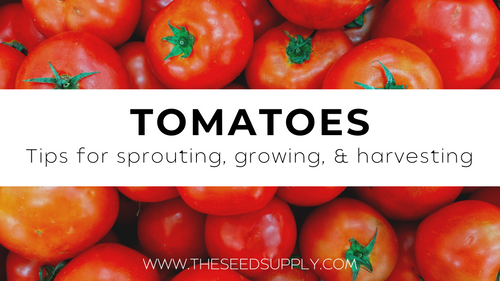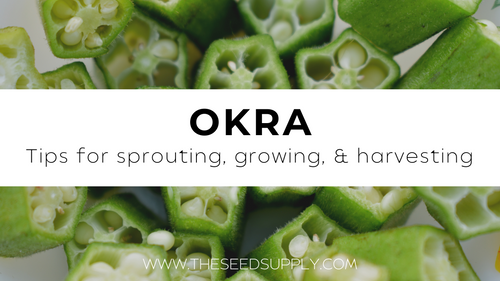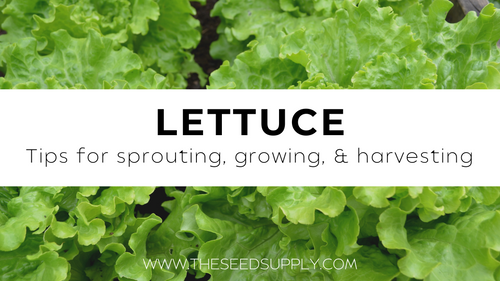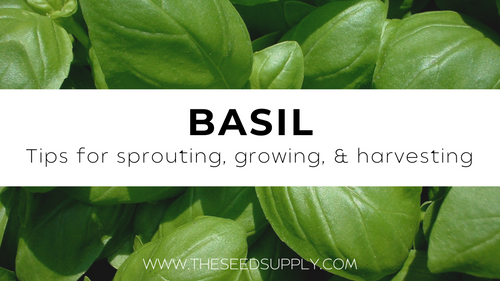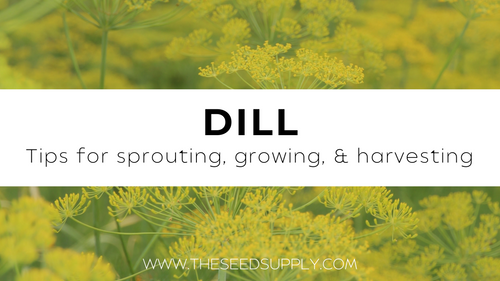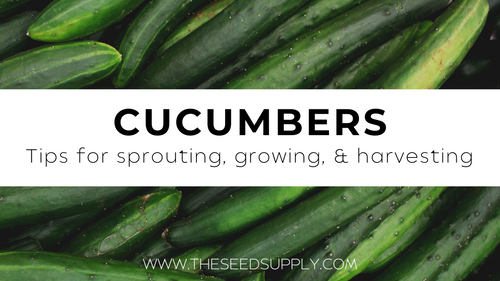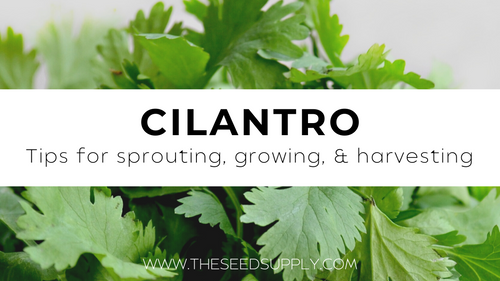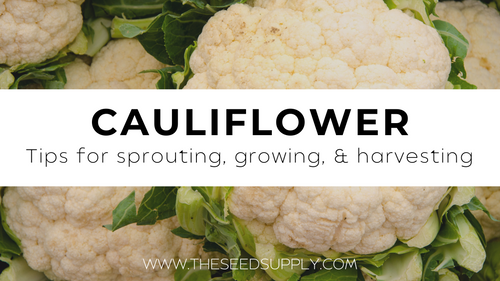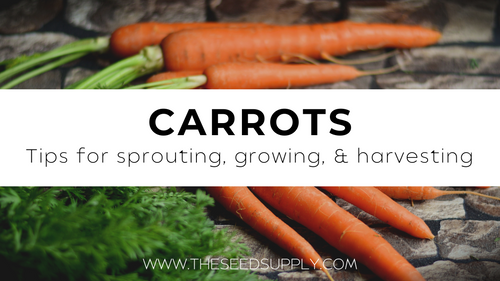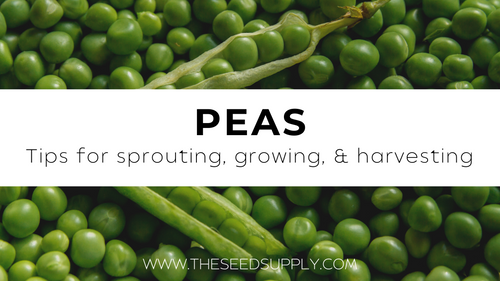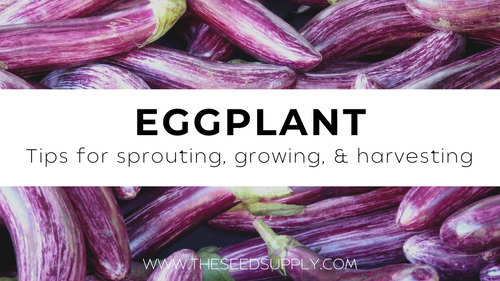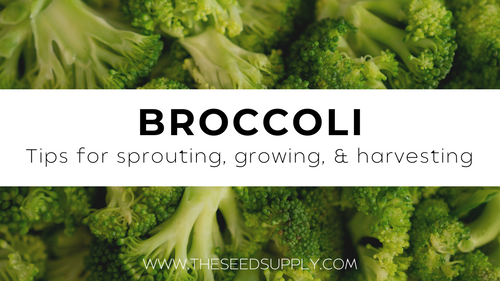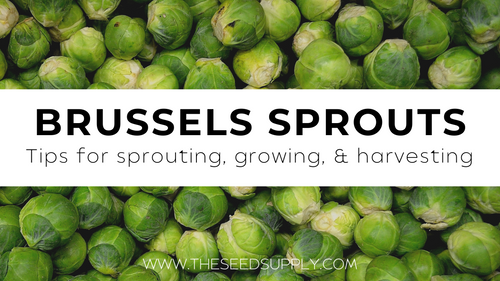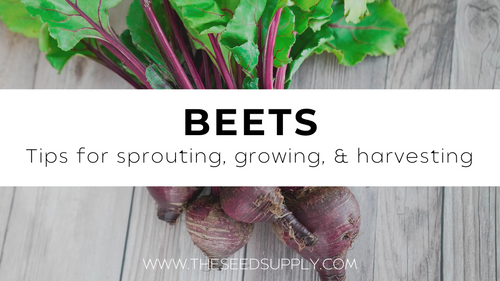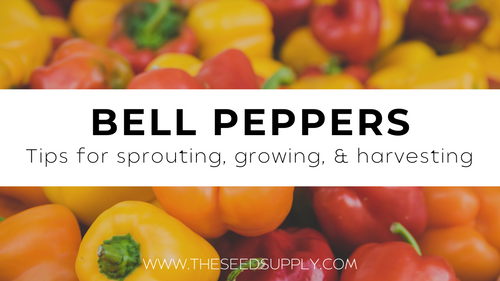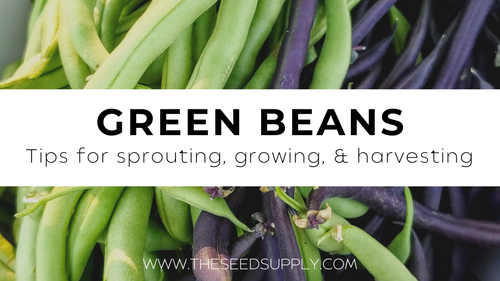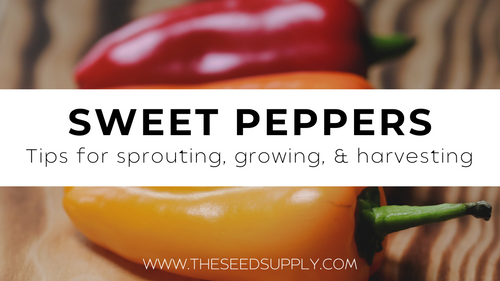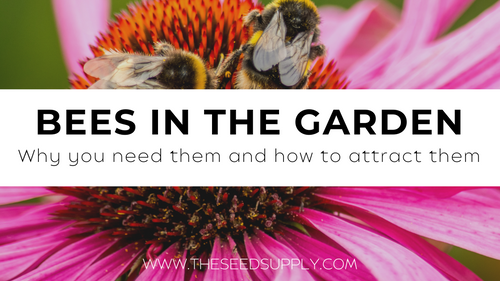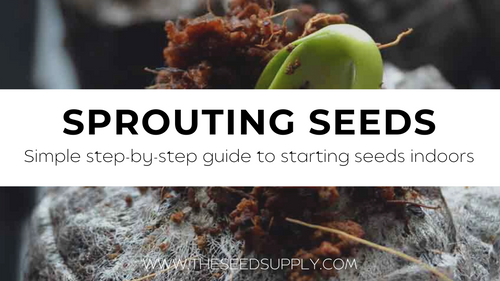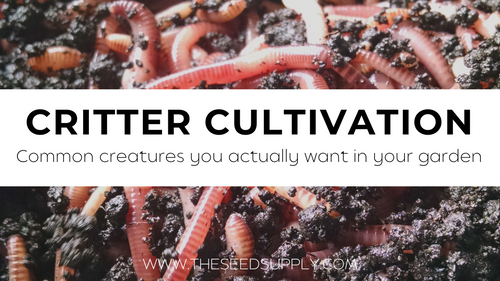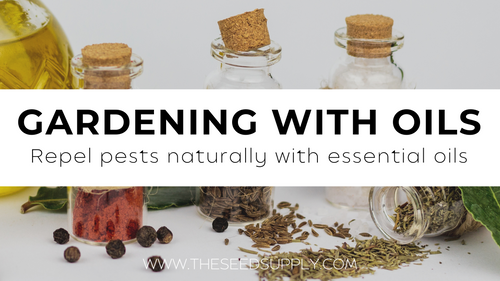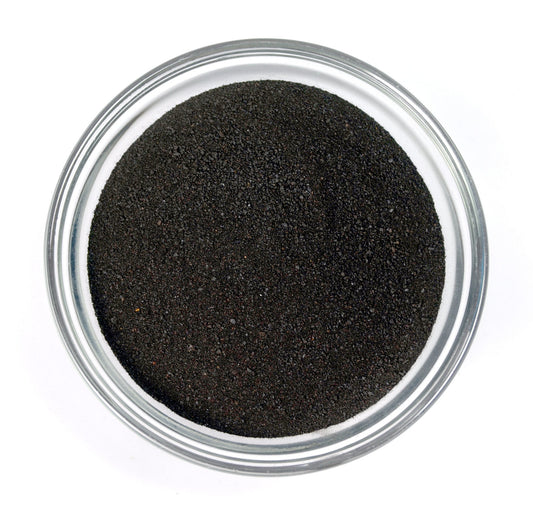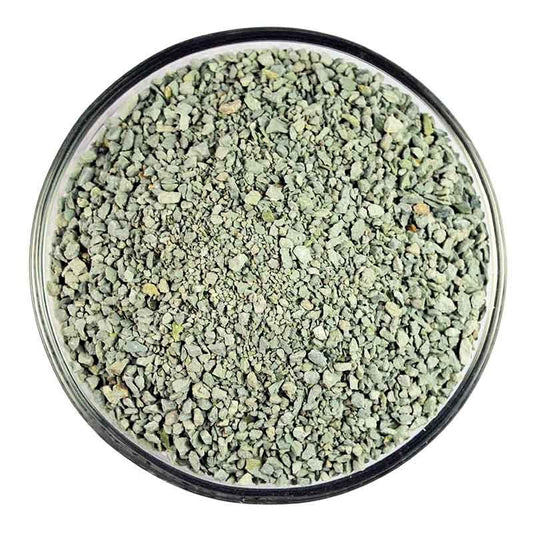Beginning gardeners often encounter a few common mistakes. By being aware of these mistakes and taking steps to avoid or correct them, you can set yourself up for success in your gardening endeavors. Here are some top mistakes made by beginning gardeners and tips on how to avoid or correct them:
-
Overwatering:

- Mistake: Beginners tend to overwater their plants, which can lead to root rot and other water-related issues.
- Solution: Learn the watering needs of your plants and water them appropriately. Check the soil moisture level before watering by inserting your finger about an inch deep. If it feels dry, it's time to water. Use well-draining soil and pots with drainage holes to prevent waterlogging. Allow the soil to dry out slightly between watering sessions.
-
Neglecting Sunlight Requirements:
- Mistake: Plants have varying sunlight requirements, and beginners may not provide enough or too much light for their plants.
- Solution: Research the sunlight requirements of your plants and place them in appropriate locations accordingly. Observe how much sunlight each area of your home receives throughout the day, and position your plants accordingly. If natural light is limited, consider using artificial lighting options, such as fluorescent or LED grow lights, to supplement the light needs of your plants.
-
Poor Soil Preparation:

- Mistake: Neglecting soil preparation can hinder plant growth and nutrient uptake.
- Solution: Before planting, assess the quality of your soil. Amend it with organic matter, such as compost or well-rotted manure, to improve its texture and fertility. This will ensure good drainage, aeration, and nutrient availability for your plants. Additionally, consider conducting a soil test to determine any specific nutrient deficiencies that may require targeted amendments.
-
Planting at the Wrong Time:
- Mistake: Starting seeds or planting certain crops at the wrong time can result in poor growth or failure.
- Solution: Research the appropriate planting times for each plant or crop you intend to grow. Consider factors such as your local climate, frost dates, and the specific requirements of each plant. Consult gardening resources, local extension offices, or experienced gardeners in your area for guidance on the best planting times.
-
Overcrowding Plants:

- Mistake: Planting too closely together can lead to overcrowding, competition for resources, and increased susceptibility to diseases and pests.
- Solution: Follow the recommended spacing guidelines for each plant to provide adequate room for growth and airflow. Proper spacing ensures that each plant receives sufficient light, water, and nutrients. If you have limited space, consider container gardening or using vertical gardening techniques to maximize your growing area.
-
Failure to Weed and Maintain:
- Mistake: Neglecting to weed and maintain your garden can lead to weed infestations and hinder the growth of your desired plants.
- Solution: Regularly inspect your garden and remove weeds promptly to prevent them from competing with your plants for resources. Additionally, stay vigilant for signs of pests or diseases and take appropriate measures to address them early on. Regular maintenance tasks such as pruning, deadheading, and fertilizing are essential for the health and vitality of your garden.
-
Lack of Patience and Observation:
- Mistake: Beginners may become impatient and expect immediate results or overlook signs of plant stress or issues.
- Solution: Gardening requires patience and observation. Understand that plants take time to grow and mature. Be attentive to your plants' needs and observe them regularly. Look for signs of stress, pest infestations, or nutrient deficiencies. By being patient and responsive, you can address issues promptly and give your plants the care they require for successful growth.
By being aware of these common mistakes and taking proactive steps to avoid or correct them, you can set yourself up for a more successful gardening experience. Remember to do thorough research on the specific needs of your plants, seek advice from experienced gardeners, and learn from your own observations and experiences. Gardening is a continuous learning process, so don't be discouraged by mistakes—view them as opportunities to improve and grow as a gardener.

